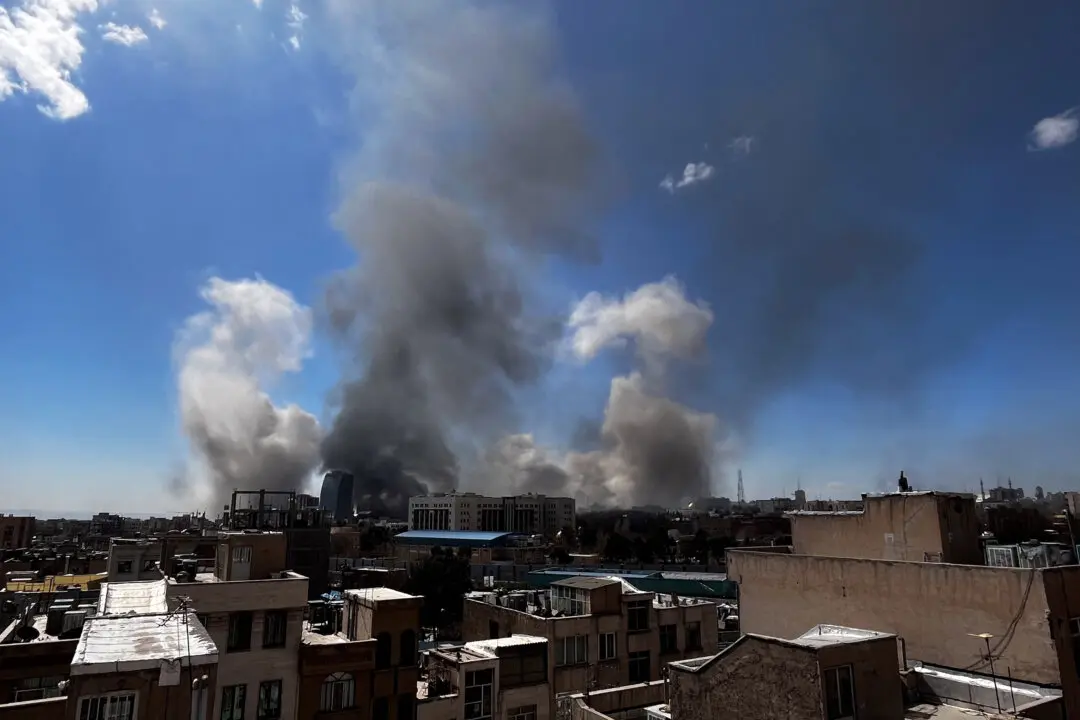A medical ethicist inspired by the Kilgour-Matas report about organ harvesting from living Falun Gong adherents wishes to change the way the world’s academic and medical institutions relate to China.
In a statement affirming the findings of the Kilgour-Matas report, Dr. Kirk C. Allison, associate director of the Program in Human Rights and Medicine at the University of Minnesota, calls upon academic and medical institutions not to collaborate with organ transplantation and research in China.
The “Report into Allegations of Organ Harvesting of Falun Gong Practitioners in China” by David Kilgour, a former Canadian MP and cabinet minister, and David Matas, a Canadian human rights lawyer, was released on July 6.
Through reviewing 18 different factors that would either help prove or disprove allegations of organ harvesting, the report concludes that “there has been and continues to be large scale organ seizures from unwilling Falun Gong practitioners” in China.
Allison’s statement was released at an independent forum on July 25 held in conjunction with the World Transplantation Congress 2006 in Boston. The forum was organized by David Kilgour.
Mounting Evidence
Allison said in a phone interview that he started paying attention to organ harvesting in China in 2001 because of two incidents: The Village Voice’s publication of “China’s Execution, Inc.” (May 8, 2001.Vol.46, Iss. 18) discussing a New York doctor’s knowledge of organ harvesting from executed convicts in China; a congressional hearing on June 27 of the same year on the sale of human organs in China before the Subcommittee on International Operations and Human Rights, House International Relations.
In June this year Allison was contacted by Dr. Wenyi Wang, who protested the organ harvesting in China at a speech given by Chinese Communist leader Hu Jintao at the White House in April. Wang provided Allison with the transcriptions of phone conversations in which hospital personnel in China admitted to the callers, who pretended to be seeking organ transplantation, that the organs were sourced from living Falun Gong adherents.
Allison said that even before the Kilgour-Matas report was released, he had reached a similar conclusion through his own study of the transcription of phone conversations and China’s organ transplantation websites.
“I looked around at a number of the sites for organ transplantation, such as the China International Transplantation Center site, which discusses how organ transplantation in China is unique in the world, that it combines a judicial and medical bureaucracy in China. Looking at the guaranteed turn-around times for organs, it became pretty clear that one could not have the type of organ tissue matching without having a stock of persons available who are already pre-blood-typed and pre-HLA-typed,” said Allison.
In an email message commenting on Allison’s statement, David Kilgour wrote, “I’m very grateful that Dr. Allison has analyzed our report and found it in effect unanswerable.”
The Chinese embassy in Ottawa rejected the findings in the report on the same day it was released but has never given any substantive response. “All the representatives of the government of China have done is throw insults at Matas and myself,” Kilgour said.
What Could be Done?
Allison would now like to see the findings of the Kilgour-Matas report begin to change the way academic and medical institutions relate to Chinese institutions.
In his 4-page written statement, including about one page of footnotes, Allison has made a number of suggestions. The first of them is that “Professional associations, such as The Transplantation Society, should place a moratorium on research support and collaboration with transplantation in China given that such collaboration tacitly facilitates the continuance of a gross violation of human rights.”
In the interview, Allison also suggested that the phone conversations with hospital personnel in China be transcribed in full and made available to the public.
There is “the need for prospective international patients to be aware of the situation. Patients should be actively encouraged to seek out other avenues of treatment,” Allison added.
Allison pointed out that he is not a Falun Gong adherent, and that the issues raised by the organ harvesting from Falun Gong adherents in China are universal.
Commenting on Allison’s statement, Wenyi Wang said, “Transplantation to prolong life is a noble thing, but if it involves killing innocent life in China, that is a crime against humanity. In this case, Dr. Allison has made this point very clear: everyone in the international transplant profession should be made aware of the unethical medical practices in China.”





